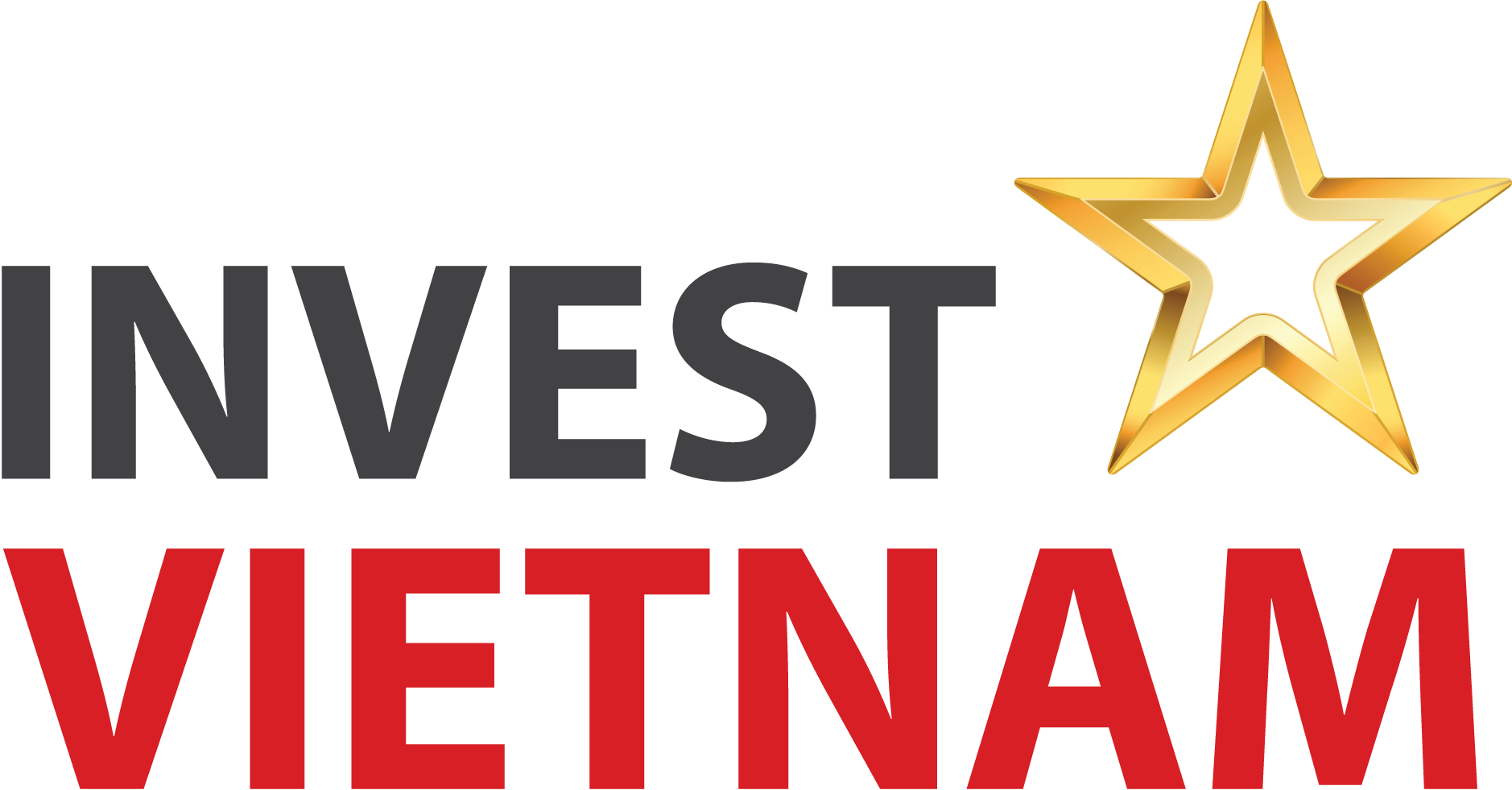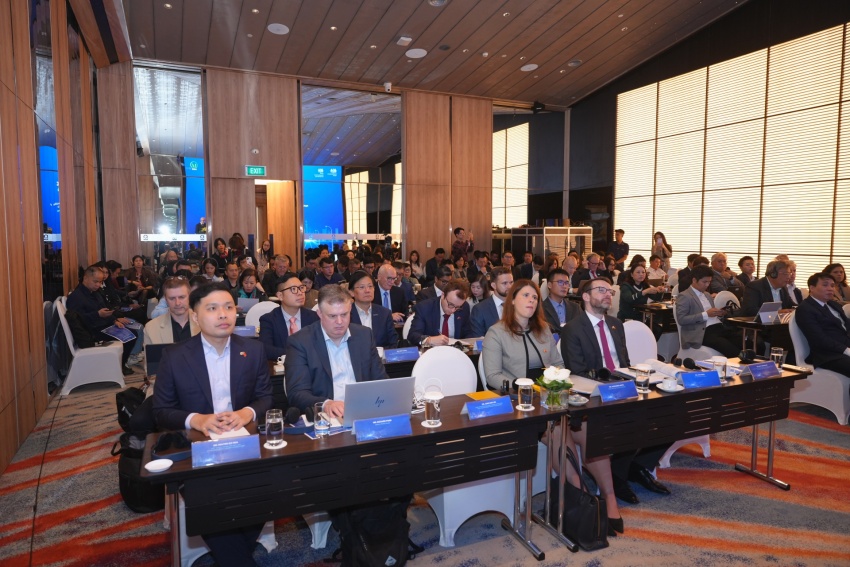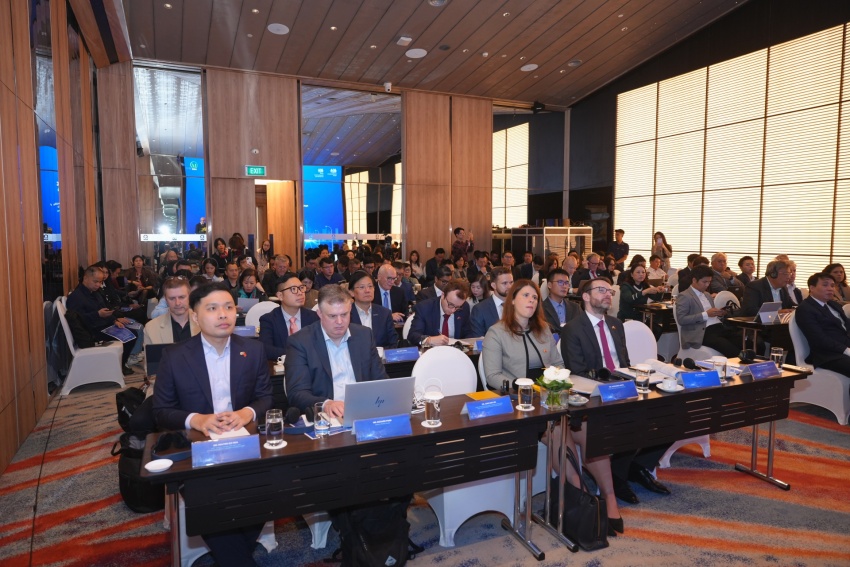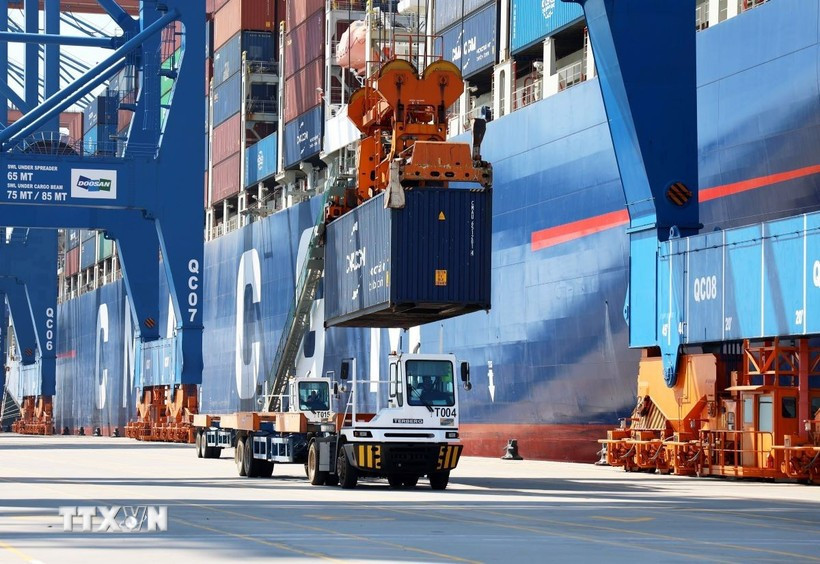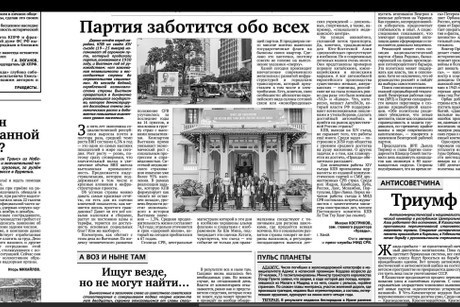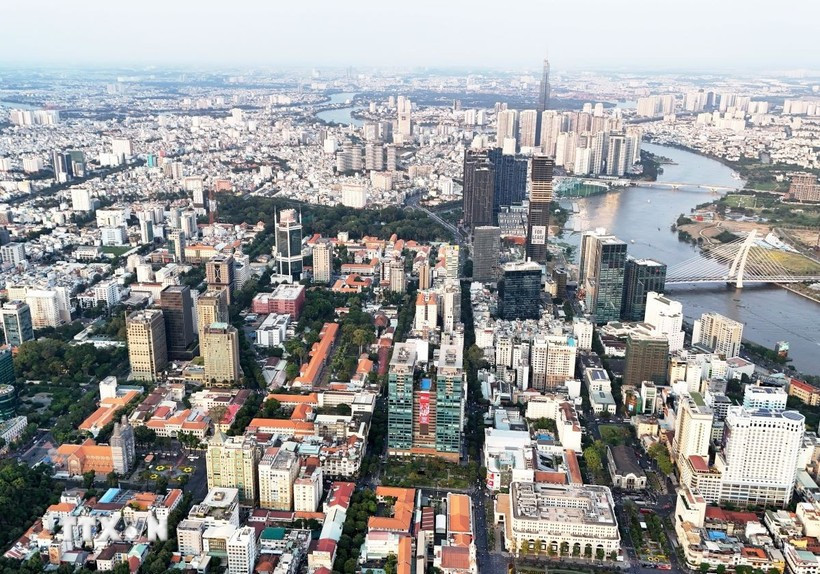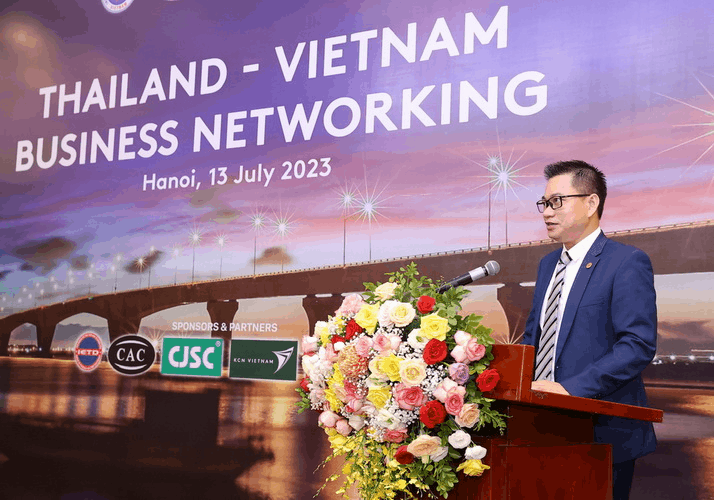EuroCham offers Vietnam FDI encouragement
The European Chamber of Commerce in Vietnam (EuroCham) has declared the country to be a highly attractive destination for foreign direct investment, according to their 2022-2023 Whitebook launched last week.
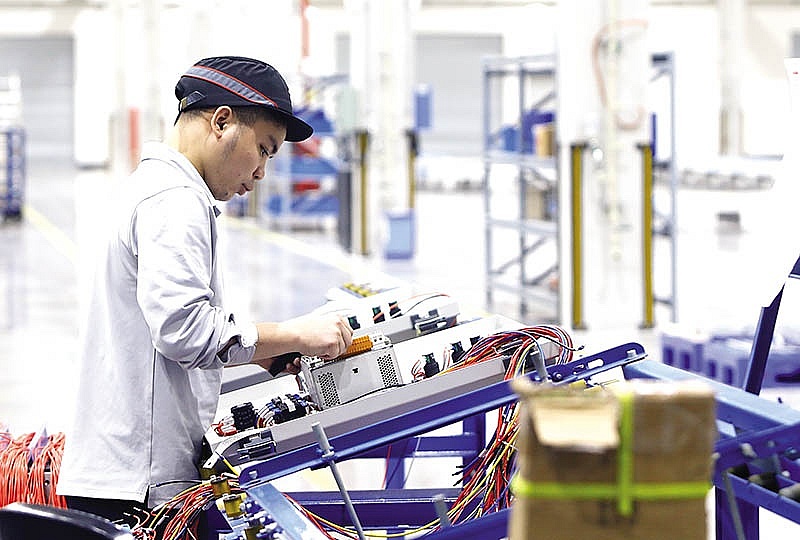
The stable macroeconomic environment, along with inflation remaining in single digits, continues to strengthen investor confidence in the country's trade and investment environment. The Whitebook pointed out that, since joining the World Trade Organisation in 2007, Vietnam has consistently reformed domestic legal regulations to be in line with international standards and became a more attractive market for overseas capital.
The low cost of doing business, strong economic growth, a soaring middle class, and a favourable business environment are contributing factors that make Vietnam an attractive destination for foreign direct investment (FDI), EuroCham emphasised.
Earlier this week, the South China Morning Post reported that Foxconn, Apple's top manufacturing partner, has signed a lease with the Saigon-Bac Giang Industrial Park to occupy a plot of 45 hectares for around $62.5 million to meet operational needs and expand production capacity.
Last year, Foxconn signed a $300 million agreement with a Vietnamese developer to build a new factory in Bac Giang province, where it already produces iPads and AirPods. Apple has been urging production partners to move factories to a number of countries, including Vietnam, in order to avoid dependence on China, further proof of Vietnam's great potential as an investment destination.
EuroCham's declaration comes on the back of a recent survey from the Japan External Trade Organisation (JETRO) of Japanese enterprises investing abroad. It showed 60 per cent of Japanese firms invested in Vietnam plan to expand their operations in the next 1–2 years, a higher percentage than any other market in the region.
Nakajima Takeo, a chief representative of JETRO Hanoi, cited the survey of 3,100 businesses based in Japan when he said last week that Vietnam ranks second in the world, only behind the US, in terms of attracting Japan’s foreign investment. “Vietnam is becoming an indispensable part of the global supply chain in the eyes of Japanese enterprises,” said Nakajima.
However, many obstacles still remain in the competition to attract foreign investment ahead of other countries in the region, such as China, Indonesia, Thailand, and so on.
Despite the lingering effects of the pandemic and slowdown of the global economy, FDI in China maintained stable growth in 2022, reaching $175 billion for the first time, up 6.3 per cent on-year, and continues to be one of the top destinations for FDI in the world.
EuroCham recommend that Vietnam could bolster its own FDI levels through a number of measures, including reducing administrative difficulties, improving infrastructure, developing human resource capacity, and reducing visa barriers for foreign experts.
Other proposals to attract more investment from overseas suggest an increase in tax incentives for foreign-invested enterprises, more open dialogue with government agencies, and improved access for international firms to the Vietnamese market.
Regarding the global minimum tax issue, EuroCham said that the Vietnamese government should cooperate with other developing countries to negotiate the protection of tax incentives for foreign investors in certain industries. Incentives to do so would be based on the number of jobs made available by firms, and the level of technology transfer that will modernise economic development.
Meanwhile, Japanese investors pointed out their concerns, such as the time and money wasted on procedures that hinder new business and investment activities. Problems with the incomplete, non-transparent legal system and informal transactions were also mentioned.
"Japanese businesses exalt regulatory compliance and expect a healthy business environment to easily operate. The aforementioned difficulties may cause Japanese enterprises to pass on new investment opportunities or halt business altogether in Vietnam," said Nakajima.
Ha Thanh
Source: VIR
Original link